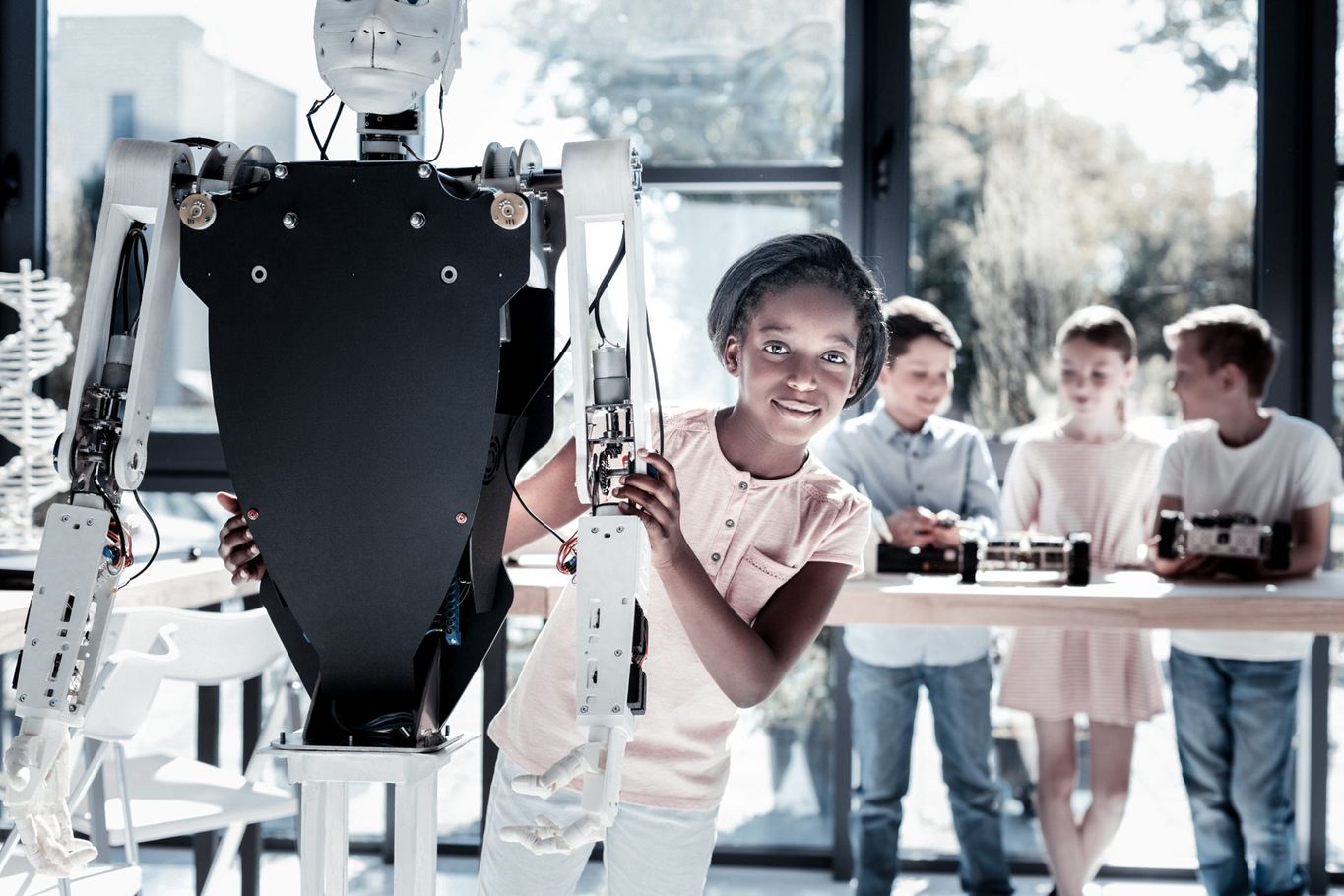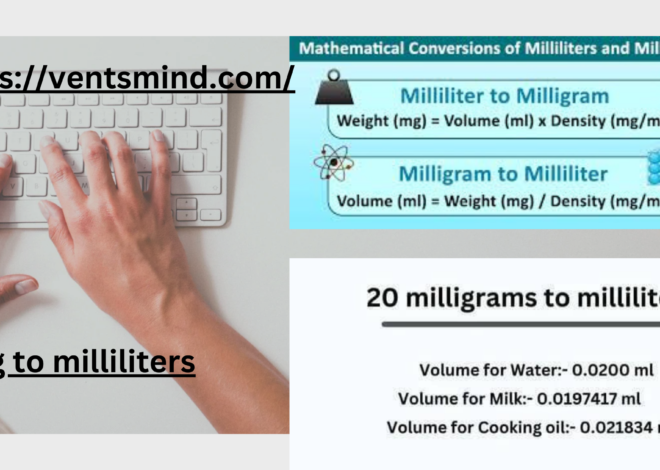
Revolutionizing Education: Unleashing the Power of Education 4.0 for a Brighter Future
Education has always been a cornerstone of human progress. It’s the key that unlocks doors, expands horizons, and empowers individuals to shape their destinies. In the 21st century, as technology advances at an unprecedented pace, education must evolve to keep pace with the changing demands of our society. This evolution has been termed “Education 4.0” and holds the promise of transforming the way we learn and prepare for the future. In this article, we will explore the concept of Education 4.0 and how it can contribute to a brighter and more promising future for all.
The Evolution of Education
To understand the concept of Education 4.0, we must first look back at the previous educational revolutions. 1.0 represents the traditional classroom model where students were passive recipients of knowledge. Education 2.0 introduced a more interactive approach, with the integration of technology, such as projectors and computers, into the classroom. 3.0 emphasized personalized learning, fostering creativity and critical thinking.
Education 4.0, however, represents a paradigm shift. It leverages the transformative potential of emerging technologies, including artificial intelligence (AI), the Internet of Things (IoT), and augmented reality, to create a dynamic, personalized, and highly interconnected learning environment.
Key Features of Education 4.0
Personalized Learning:
Education 4.0 recognizes that each learner is unique. It tailors the learning experience to the individual’s needs, preferences, and pace. Advanced analytics and AI-driven algorithms help create customized learning paths, ensuring that students receive the support and challenges they require.
Digital Literacy:
In the Information Age, digital literacy is not a luxury; it’s a necessity. Education 4.0 prioritizes digital literacy, teaching students not only how to use technology but also how to think critically, solve problems, and navigate the digital landscape safely and ethically.
Blended Learning:
A combination of online and in-person learning, known as blended learning, is a fundamental aspect of Education. This approach allows students to access educational resources beyond the physical classroom, promoting flexibility and accessibility.
Interconnectedness:
IoT technologies enable educational institutions to create interconnected ecosystems where information flows seamlessly between students, teachers, and resources. This interconnectedness fosters collaboration and real-world problem-solving skills.
Global Collaboration:
Education 4.0 breaks down geographical barriers, facilitating global collaboration. Students can engage with peers from diverse cultural backgrounds, broadening their horizons and fostering a deeper understanding of the world.
Adaptive Assessments:
Traditional assessments often fall short in measuring a student’s true potential. Education 4.0 employs adaptive assessments that adjust to each student’s skill level, providing a more accurate picture of their capabilities.
The Benefits of Education 4.0
Improved Student Engagement:
By tailoring learning experiences to individual needs and interests, Education 4.0 makes learning more engaging and relevant. This approach helps students become active participants in their education, leading to improved retention and understanding.
Enhanced Teacher Efficiency:
Teachers are no longer burdened with one-size-fits-all instruction. Instead, they can focus on guiding and mentoring students, leveraging data-driven insights to provide targeted support where needed.
Global Competence:
Education 4.0 equips students with the skills necessary to thrive in a globalized world. They develop the ability to work with people from different cultures, making them better prepared for the demands of the job market.
Economic Growth:
A well-educated workforce is crucial for economic growth. Education can bridge the skills gap and produce a highly skilled labor force, driving innovation and productivity.
Lifelong Learning:
Education is no longer confined to a specific age or stage in life. With Education 4.0, individuals of all ages can access learning resources and opportunities, fostering lifelong learning and personal development.
Challenges and Concerns
While Education 4.0 offers immense promise, it also presents challenges and concerns that must be addressed:
Digital Divide:
Not all students have equal access to technology and the internet, creating a digital divide. To fully realize the potential of Education 4.0, efforts must be made to ensure equitable access to educational resources.
Privacy and Data Security: The collection and use of student data in Education 4.0 raise concerns about privacy and data security. Safeguards and regulations must be in place to protect sensitive information.
Teacher Training:
Teachers need the skills and support to effectively implement Education 4.0 practices. Professional development and ongoing training are essential.
Curriculum Development:
Traditional curricula may not align with the dynamic nature of Education . Reimagining and updating curricula is a significant undertaking.
Conclusion
Education 4.0 represents a profound transformation of our educational systems. By harnessing the power of technology and personalized learning, it has the potential to unlock the full potential of each student, equipping them with the skills and knowledge needed to thrive in a rapidly changing world. However, the successful implementation of Education will require careful planning, investment, and a commitment to addressing the challenges it presents.
In a world where knowledge is the currency of the future, embracing Education is not just an option; it is a necessity. It’s the path to a brighter future, where education is not limited by the confines of a classroom, but instead becomes a lifelong journey of exploration and growth. Through Education, we can empower individuals to shape their destinies, contribute to their communities, and collectively build a brighter and more promising future for all.



3 thoughts on “Revolutionizing Education: Unleashing the Power of Education 4.0 for a Brighter Future”